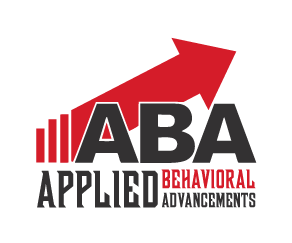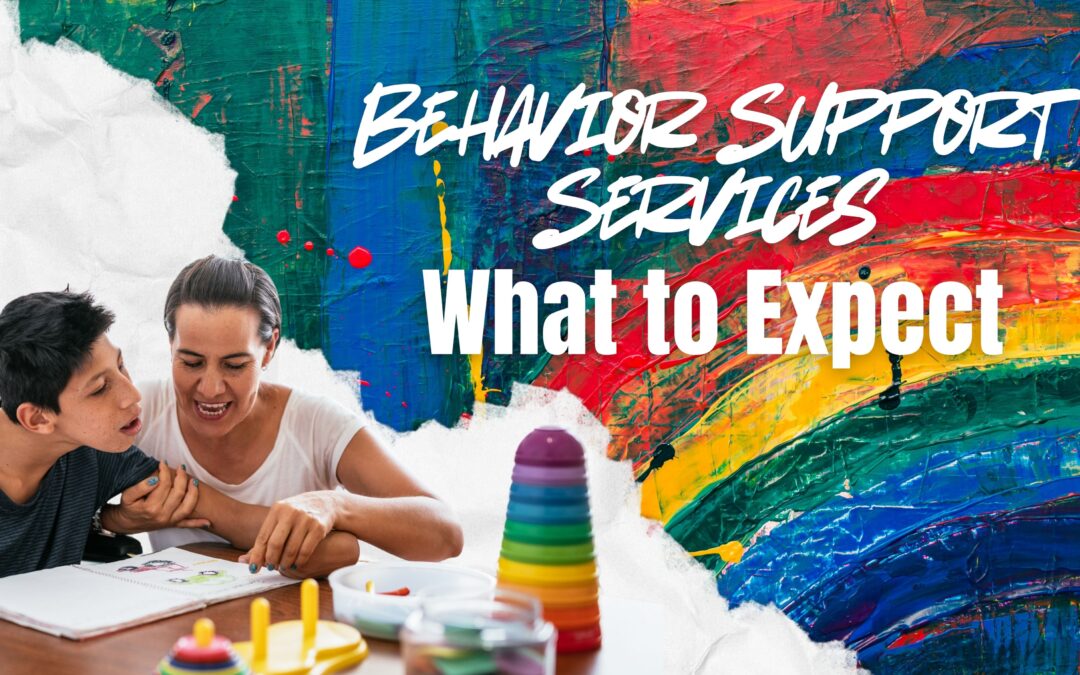Using the scientific tenets of Applied Behavioral Analysis (ABA), our Behavior Support Services help individuals improve their life. Behavior Support Services help individuals develop positive behaviors. This type of therapy is useful in addressing a number of problem behaviors such as physical aggression and elopement. Behavioral Support Services can also be used to help individuals learn social and communication skills.
In this article, we will walk you through the details of what to expect from Behavior Support Services at ABA-LLC. It will help you to understand the specific goals of each phase of this process. Our Behavior Support Professionals are some of the best in the state, and they will guide you through this process with ease. You can learn more about all the services we offer on our Services Page.
Functional Assessment
The Functional Assessment (FA) period lasts 6-8 weeks. During this process, the clinician will gather information about their client’s behaviors through interviews, observation, data collection, and the review of any clinical records. The clinician uses their observational skills to determine not only what problem behaviors are occurring, but why they are occurring. Relevant details include things like where these behaviors occur and what sort of stimuli seem to trigger them. In ABA, we recognize that each challenging behavior is serving a function for the client. By investigating what need the behavior seeks to fulfill, we can prepare to teach a better behavior that meets that same need.
The first several weeks will consist of interviews and observations. Following this period, the clinician will take approximately 2 weeks to write up their functional assessment. During the 2-week FA writing period, the clinician will not meet with you. However, if emergencies occur, you are welcome to contact them with concerns or questions.
Once the clinician has finished writing their assessment, they will meet with their supervisor to seek approval. Finally, the clinician is ready to meet with you to discuss their Functional Assessment. During this time they will also introduce their suggestions for the next step in the Behavior Support Services process, the Behavior Support Plan.
Behavior Support Plan
Using the recommendations outlined in the Functional Assessment, the clinician will create a Behavior Support Plan (BSP) for their client. The BSP is the guiding document of everything we do. It builds on the Functional Assessment by not only outlining challenging behaviors and their function, but by setting new standards. It outlines new approaches to old scenarios for the client and the people in their life to change this behavior. These new approaches are called “interventions.” Positive reinforcements works to encourage positive interventions.
To ensure safety and dignity in our work, each Behavior Support Plan must receive approval from both the Behavior Intervention Committee (BIC) and the Human Rights Committee (HRC). We do not have control over the timeframe for receiving approval of the BSPs, as these entities are independent.
Once the BIC, HRC, and a supervisor approve a behavior plan, the clinician will schedule a meeting with you to train you on the strategies included in the BSP.
Because the BSP is such an important roadmap, it is imperative that everyone in the client’s life is trained on the BSP. This includes family, staff members, teachers, and any other prominent figures in the clients’ life.
Monitoring the BSP
After training, the clinician will meet with the client or caregiver weekly to monitor the implementation of the BSP. Together, the collective will monitor the BSP’s effectiveness.
During this time, the clinician will meet with caregivers to collect data and information about the clients recent behaviors, including addressing any challenging behaviors that have occurred recently. If necessary, the clinician will work on building specific skills. They will observe the implementation of new strategies, and if necessary, adjust strategies to better fulfill the goals outlined in the BSP.
The clinician will keep you informed as they analyze the data, examine progress, and make any necessary revisions to the behavior support plan. Together, you will collaborate on solving problems, addressing concerns, and providing the best path forward to meet the goals as outlined in the BSP.
Please note, clinicians are not required to provide immediate on-site crisis intervention. However, they are expected to respond to any voicemails/email within 24 business hours.
Progress Notes
Throughout Behavior Support Services, Clinicians must regularly complete progress notes specifically detailing a clients progression through therapy every two weeks. The clinician will turn in their progress notes to the ABA-LLC office with their billing summary. We provide a copy of these progress notes to the Case Manager (CM) and Support Broker (SB) each month.
The CM or SB will review these notes, and write a summary each month. It is the responsibility of the CM or SB to ensure that what is detailed in the progress notes supports the goals outlined in the plan of care.
At your monthly meeting, your CM or SB will also be your point of contact for discussing your satisfaction with ABA-LLC’s services. Additionally, you are welcome to call our office at any time with questions or concerns.
You have the right to see any notes, summaries, or other official documents pertaining to your loved ones. Contact your CM or SB for access to these documents.
About ABA-LLC
ABA-LLC is one of the largest suppliers of Behavior Support in the State of Kentucky. Since 2007, our agency has committed to its mission of providing innovative strategies to improve the lives of unique individuals. Our agency is composed of around 150 contractors, each dedicated to building an inclusive culture that celebrates individuals of all abilities. No matter who you are, you can reach your goals at ABA-LLC.
Our agency provides services throughout the Bluegrass state and beyond. We have clinical spaces in Somerset, Lexington, Louisville, McCreary County, and London. Additionally, many of our clinicians travel extensively to provide services. In recent years, a few of our clinicians have extended our services into Georgia! In everything we do, ABA-LLC is set apart from our competitors by our uniquely person-centered approach. We truly love the population we serve. We wholeheartedly believe in every individual’s right to live a fulfilling and independent life integrated within their communities. Our work is not motivated not by the desire to change a person but rather to give them the tools and supports they need to succeed. This vision is summarized in the B.F. Skinner quote: “I’m not trying to change people. All I want is to change the world in which they live.”

